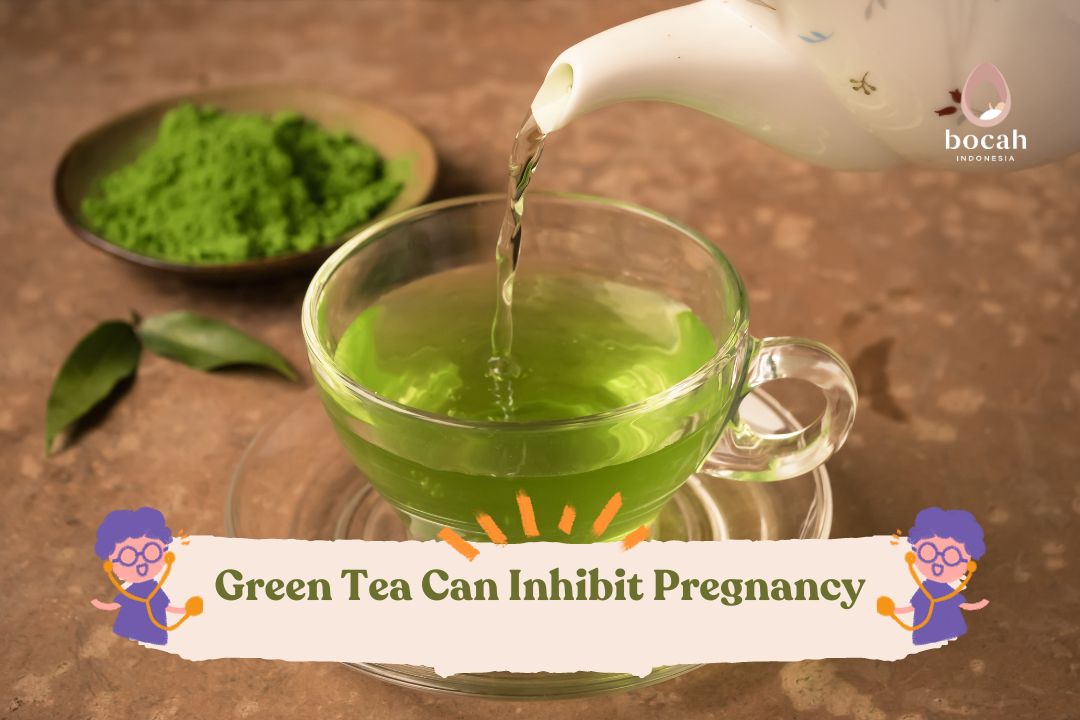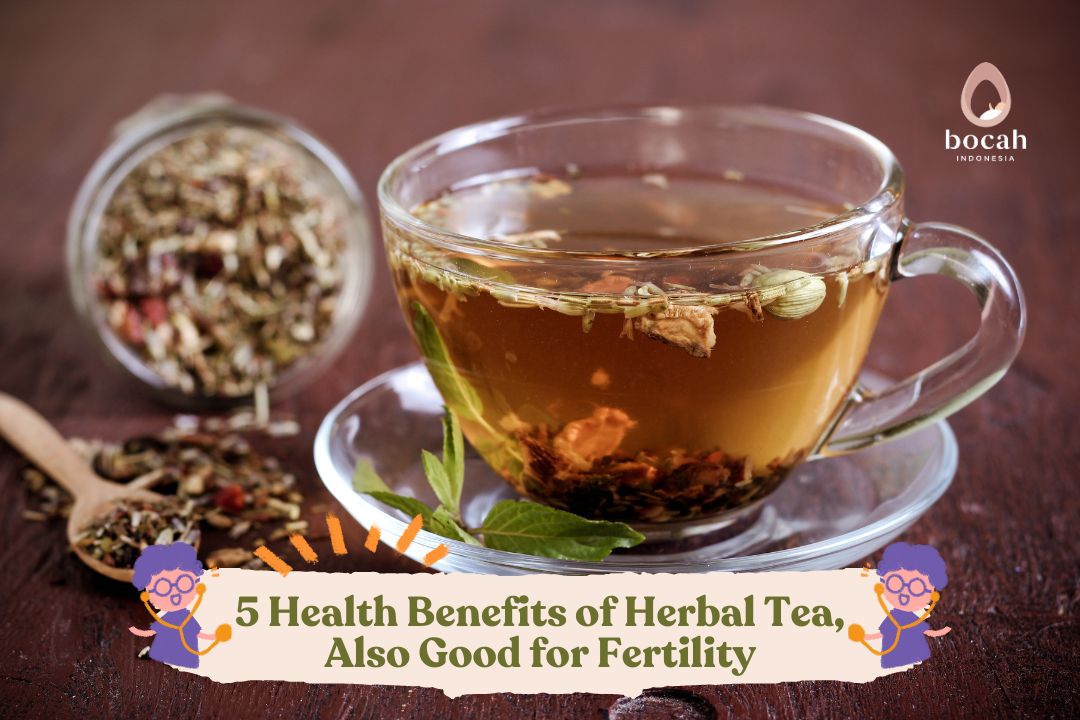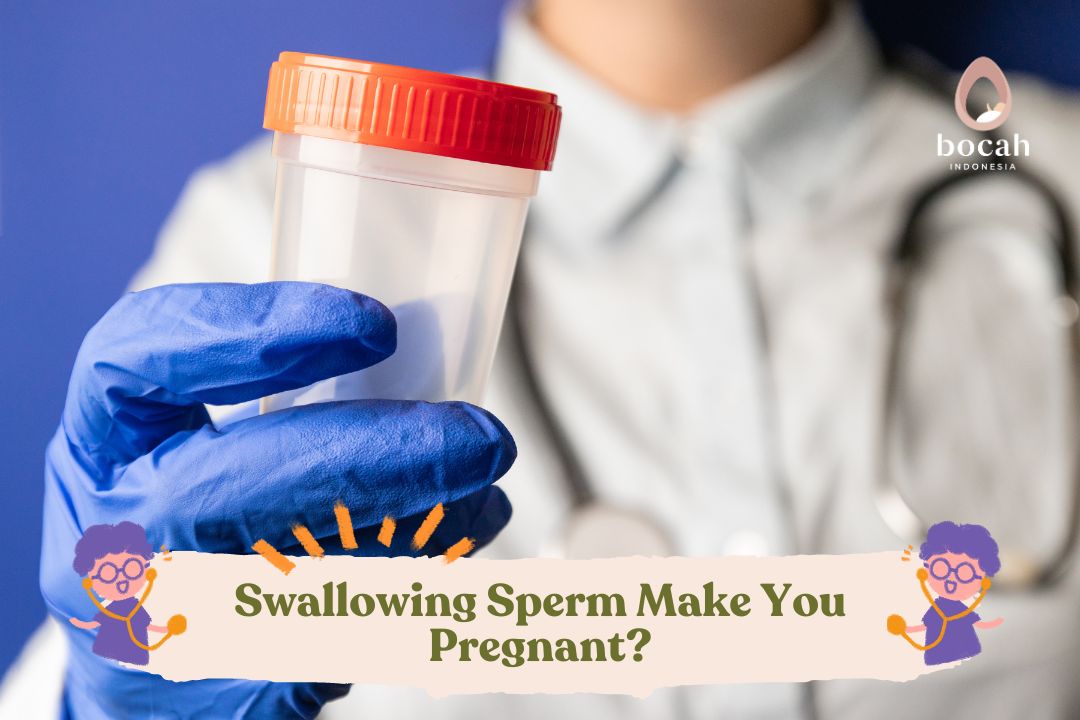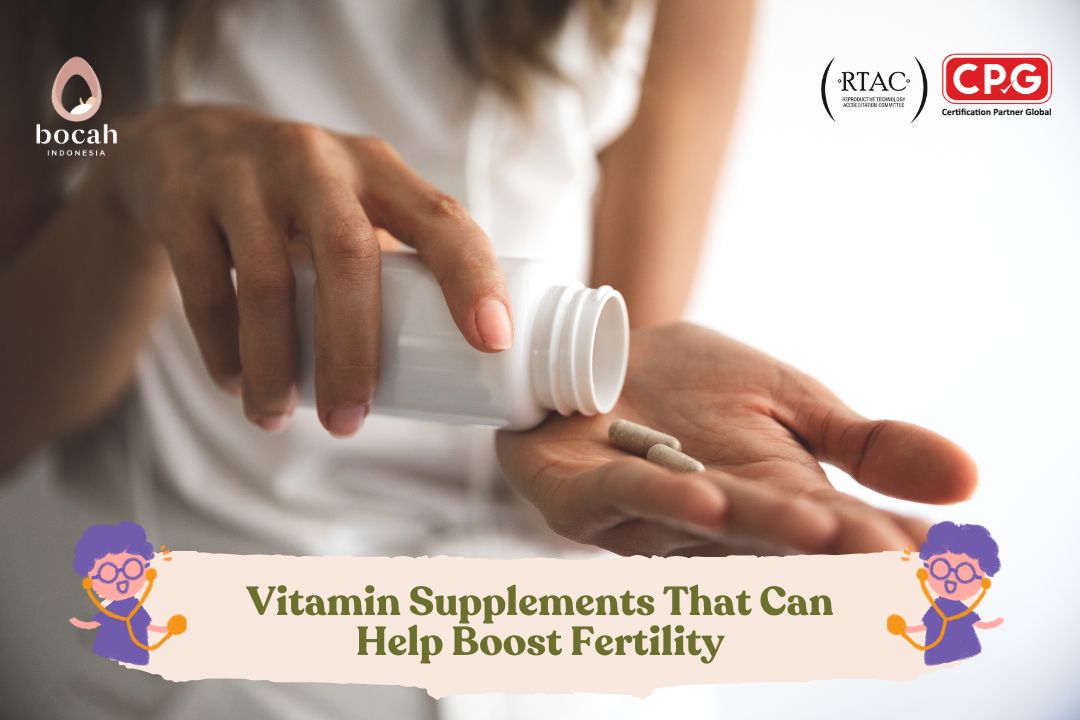Can Green Tea Really Inhibit Pregnancy?

Is green tea one of your favorite drinks, Mom? Find out the facts and myths about green tea and fertility here.
Sipping a cup of green tea in the morning has become a habit for many Indonesians. Not only does it have a fragrant aroma, but green tea is also believed to have health benefits due to its high antioxidant content.
However, there are some questions about the consumption of green tea and its impact on fertility or conception for married couples. To avoid misunderstanding information about green tea and fertility, read the explanation here.
Contents of Green Tea and Their Effects
Green tea contains several active components such as caffeine, catechins, and other antioxidants. Some studies have examined the effects of these components on fertility.
1. Caffeine
Not only coffee, but green tea also contains caffeine, although in lower amounts compared to coffee. Excessive caffeine consumption is known to affect fertility. Some studies indicate that consuming more than 300 mg of caffeine per day can reduce the chances of pregnancy. However, a cup of green tea typically contains about 20-45 mg of caffeine.
Tanya Mincah tentang Promil?
2. Catechins and Antioxidants
Catechins, especially epigallocatechin gallate (EGCG), are the main antioxidants in green tea that have many health benefits. These antioxidants help combat free radicals in the body and can improve overall health.
Green Tea Research on Fertility
Research conducted by the University of California Irvine on the population of fruit flies, Drosophila melanogaster, investigated the effects of toxic levels in green tea and its relationship with development and reproduction. This study administered various doses of green tea polyphenols to the embryos and larvae of fruit flies.
The results showed that larvae consuming a 10 mg dose of green tea experienced slower development, were born smaller, and exhibited a significant reduction in offspring numbers. Additionally, fruit flies given the 10 mg dose of green tea became more susceptible to starvation and heat stress, although this dose protected them from dehydration.
The research published in the Journal of Functional Foods also revealed a decrease in reproductive outcomes and a reduction in lifespan by up to 17%, while no significant effect was found on female flies. The 10 mg dose of green tea also caused morphological abnormalities in reproductive organs, such as histopathological changes in the testes. Excessive doses of green tea can lead to a high number of cell deaths or apoptosis.
Research on the consumption of green tea during early pregnancy also indicates a potential relationship between green tea consumption and the risk of spina bifida in the fetus. A study published in the Journal of Functional Foods and other research by a team from Boston University revealed that catechins in green tea could interfere with the absorption of folic acid in the body.
Folic acid is known to be crucial for preventing neural tube defects, such as spina bifida, in developing fetuses. In this study, mothers of 518 babies with spina bifida and 6,424 babies without birth defects were asked to complete a questionnaire about their tea-drinking habits during early pregnancy. The results showed that consuming more than three cups of green tea per day, especially if folic acid intake was less than 400 µg per day, was associated with an increased risk of spina bifida (Boston University).
Although green tea has many health benefits, this research suggests that consuming large amounts of green tea during early pregnancy can have side effects, including on fertility and fetal development. Therefore, pregnant women are advised to limit their green tea consumption and ensure adequate folic acid intake to reduce these risks. More research is needed to determine a safe dosage, but moderate consumption is recommended.
Consumption Recommendations
1. Moderation
Consuming green tea in moderate amounts (1-2 cups per day) is generally considered safe and unlikely to inhibit pregnancy.
2. Monitor Total Caffeine Intake
Ensure that your total daily caffeine intake from all sources (coffee, tea, chocolate, energy drinks) does not exceed the recommended limit.
3. Folic Acid Supplements
If you are drinking green tea, also make sure to take folic acid supplements or consume foods fortified with folic acid to compensate for any potential reduction in absorption.
Dear parents, consuming green tea in reasonable amounts is unlikely to inhibit pregnancy. In fact, its antioxidant content can support overall health. However, excessive consumption or a high total caffeine intake should be avoided. If you have concerns about green tea consumption and fertility, it is highly recommended to consult with a doctor or nutritionist.
This article has been medically reviewed by Dr. Chitra Fatimah.
Source:
- Yazdy, Mahsa M. et al. (2015). Maternal Tea Consumption during Early Pregnancy and the Risk of Spina Bifida. Published online 2012 May 29. doi: 10.1002/bdra.23025
- Musial, C., Kuban-Jankowska, A., & Gorska-Ponikowska, M. (2020). Beneficial Properties of Green Tea Catechins. International Journal of Molecular Sciences, 21(5), pp. 1744.
- Gunnars, K. & Bailey, D. Healthline (2023). 10 Evidence-Based Benefits of Green Tea.
- Lehman, S. Verywell Fit (2021). Green Tea Benefits and Side Effects.
- Cafasso, Jacquelyn. Healthline (2023). Can I Drink Green Tea While Pregnant?










